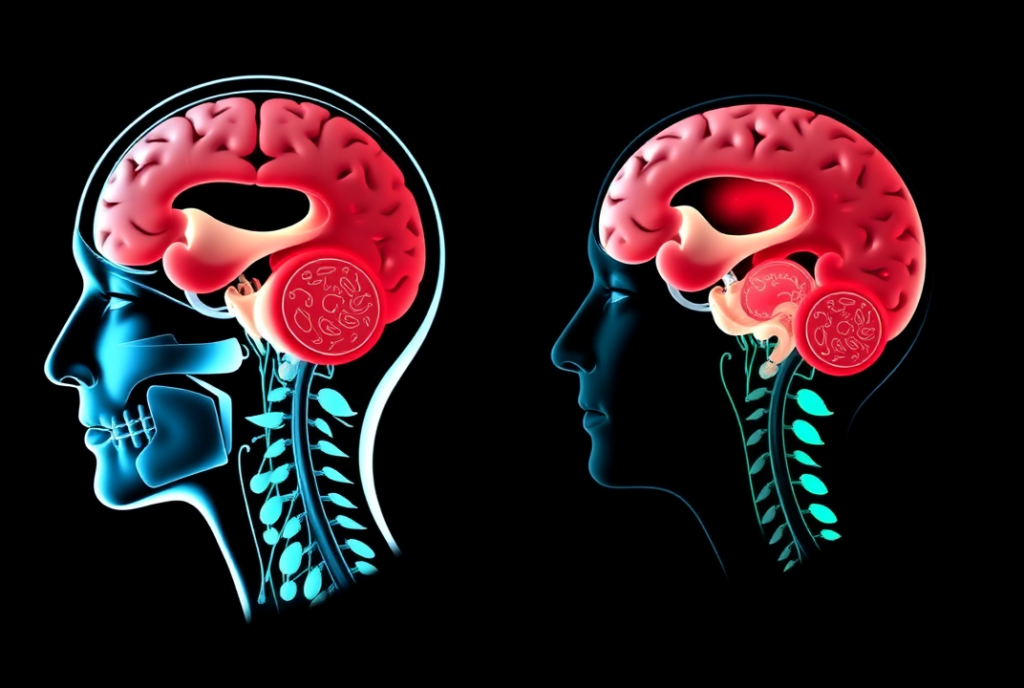EGM emphasizes a holistic treatment strategy, integrating conventional medical practices with alternative therapies. This methodology focuses on enhancing the patient’s overall well-being, potentially improving treatment outcomes. In NA’s case, the application of EGM may involve tailored interventions that address both her cancer and MS, ensuring that the treatment plan considers her unique health challenges.
The integration of EGM could lead to improved symptom management and quality of life for NA. By addressing the multifaceted nature of her health, EGM aims to create a more personalized and effective treatment pathway. While more research is needed to fully validate the efficacy of EGM in cancer care, initial reports suggest promising outcomes, particularly for patients with complex medical histories like NA.
In summary, EGM may offer a novel avenue for treating cancer patients, enhancing their overall treatment experience and outcomes.

Leave a Reply